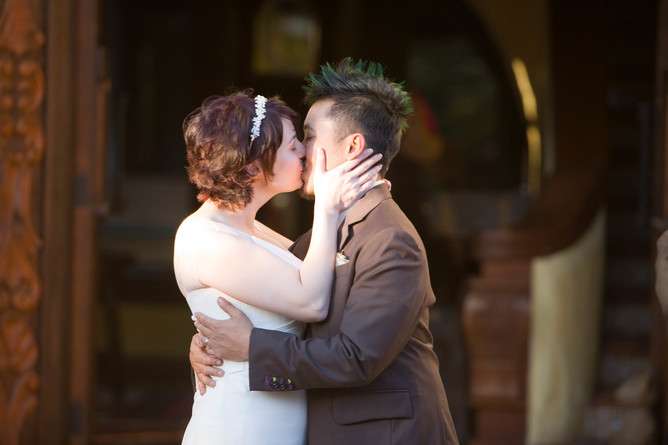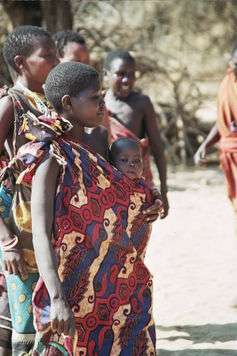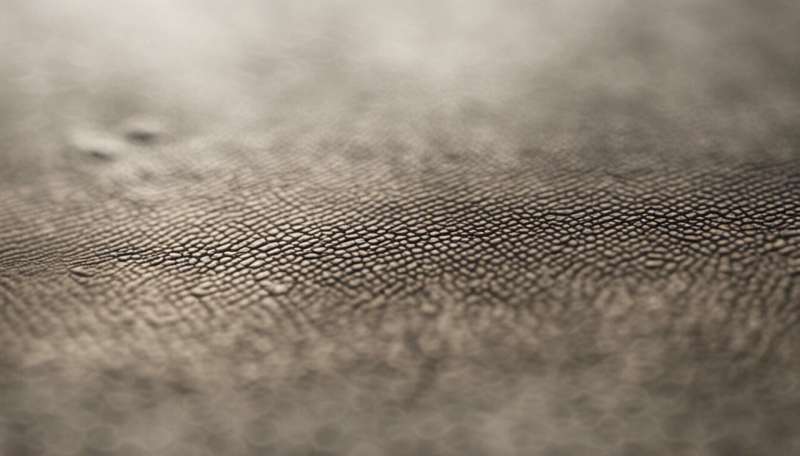Got a great relationship? You may want to thank your prehistoric grandmother

I went to a cross-cultural wedding last weekend. The guests travelled across continents to be there, spoke mutually incomprehensible languages and came from different traditions. However, they all shared a common understanding of the relationship between the bride and the groom. Pair bonds are, after all, universal in human societies, despite being rare in other mammals. And we don't exactly know why.
Before the wedding breakfast, I chatted with a relaxed couple who had left their kids with their grandparents for the day. This is not unusual; UK grandparents babysit on average 76 times a year – and we often take it for granted. But now a new study finally gives grandparents the credit they deserve by arguing that long-term relationships actually evolved thanks to grandmothers helping out with kids in prehistoric times.
The greatness of grandparents
The question of why humans form pair bonds – the biological term for the strong affinity that develops between partners (often a male-female pair but not always) – is in fact one of the biggest puzzles in evolutionary anthropology. Humans are apes, yet our closest living relatives – chimpanzees and bonobos – have no such long-term relationships between male-female pairs.
In the late 1990s, anthropologists put forward the "grandmother hypothesis" to explain why human females stop reproducing at a similar age to other great apes, but live markedly longer lives. Chimpanzees live into their 30s or 40s, but human females often live decades beyond their child-bearing years.
The grandmother hypothesis was based on observations of the Hazda people, in Tanzania. Hadza people live by hunting and gathering food, like our ancestors, although, they are of course modern people.

Older Hazda women dig up tubers to feed youngsters who aren't strong enough to it themselves. The grandmother hypothesis suggests that this help allows daughters to have their next baby sooner than they would otherwise. Over time, grandmothers who lived longer and helped more had more grandchildren, who shared their genes for longer life and care of their grandchildren. Thus, these genes became increasingly common in the population and human lifespan increased.
The evolution of partnership
The new study, published in the Proceedings of the National Academy of Sciences, has used computer simulations to link this hypothesis to the evolution of pair-bonding in humans. The authors argue that long-term romantic relationships evolved due to a combination of people living longer and men remaining fertile longer than women. This situation led to a surplus of older men competing for younger, fertile women.
In fact, the study shows that the ratio of fertile males to fertile females in humans is twice as big as it is in chimpanzees, making humans very unusual mammals. This excess of males makes us more like birds. And birds are well-known for their pair-bonds.
Where many males compete for relatively few females, a male who develops a strong bond with one female will have more surviving offspring than males who seek numerous partners. The authors suggest that this created increasing incentives for men to "guard" their mate against rival males.

While mate-guarding is not necessarily the same thing as pair-bonding, the authors argue that both involve a trade-off between paying attention to the current partner and seeking a new one. Of course, although the study concentrates on male strategy, females are not passive in this scenario – it takes two to bond.
So, to put the wedding celebrations into their evolutionary context, perhaps it was the caring grandparents who led to the special relationship that we celebrated. A toast to the bride and groom … and one to their parents.
This story is published courtesy of The Conversation (under Creative Commons-Attribution/No derivatives).
![]()




















